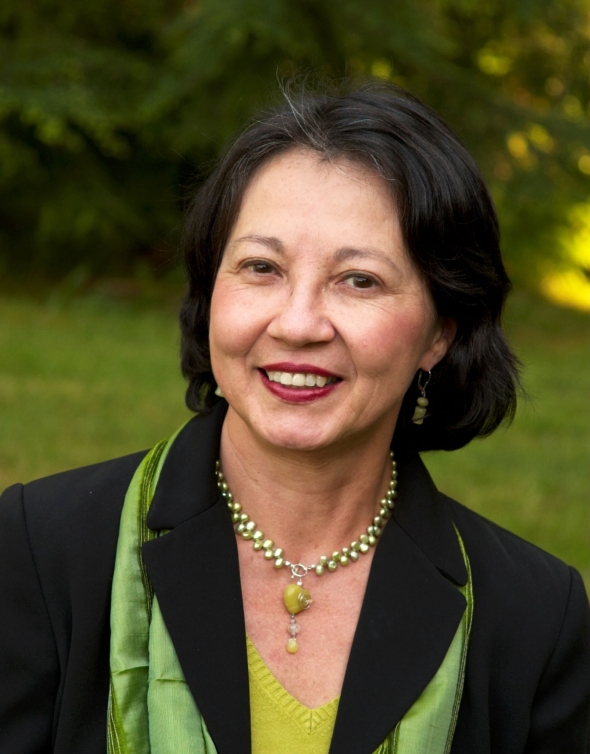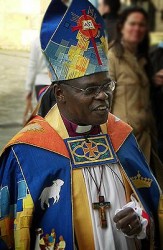
From Bill Mefford of the General Board of Church & Society:
Great news!!!! DREAM just passed the House 216-189!!! See the message below and the targets – please call early Thursday and see if your Bishops and others can call as well. WE MUST DO ALL WE CAN TO SEE THIS DREAM COME TRUE!!!
Now for the hardest part – passing DREAM in the SENATE! The Senate will vote on the DREAM Act at 11am Thursday – that’s TODAY! The votes are even tighter, and we need EVERYONE to call both of their Senators first thing this morning and tell them that as their constituent, you’re relying on them to bring the DREAM Act into law!
Target Senators are listed below with their direct office phone numbers. THIS IS THE FINAL CHANCE – WE MUST BE HEARD IN THE SENATE! VOTES ARE INCREDIBLY TIGHT! PLEASE call and pass this information on to everyone you know!
Post on Facebook, Tweet, send emails, make phone calls, have everyone in your office call during the first 5 minutes of the day – please do EVERYTHING you can to have the pro-DREAM calls overpower the anti ones – they will also be in full force on this.
Senate: 202-224-3121
(make sure to be transferred to both your Senators!)Thank you all so much for your incredible, inspiring work on this – it has been successful so far, and let’s keep it up and see this through into law!
LET’S GIVE THIS OUR ALL AND SEE IT THROUGH! MAKE DREAM A REALITY! Thank you again!
Targets & phone numbers:
MISSOURI
McCaskill: (202) 224-6154
LOUISIANA
Landrieu: (202) 224-5824
NORTH CAROLINA
Hagan: (202) 224-6342
INDIANA
Lugar: (202) 224-4814
UTAH
Bennett: (202) 224-5444
Hatch: (202) 224-5251
OHIO
Voinovich: (202) 224-3353
MAINE
Collins: (202) 224-2523
Snowe: (202) 224-5344
FLORIDA
LeMieux: (202) 224-3041
TEXAS
Hutchison: (202) 224-5922
NEW HAMPSHIRE
Gregg: (202) 224-3324
MASSACHUSETTS
Brown: (202) 224-2315
KANSAS
Brownback: (202) 224-6521
SOUTH CAROLINA
Graham: (202) 224-5972
MICHIGAN
Stabenow: (202) 224-4822
VIRGINIA
Warner: (202) 224-2023
Webb: (202) 224-4024
WEST VIRGINIA
Manchin: (202) 224-3954
ALASKA
Murkowski: (202) 224-6665

 12/02/2010 –
12/02/2010 – 
 “After the souls of (people) are saved, the society in which they function will be a good society. This is only a half truth. Many (people) have found that they are caught in a framework of relationships evil in design, and their very good deeds have developed into instrumentalities for evil. It is not enough to save the souls of (individuals); the relationships that exist between (them) must be saved also.”
“After the souls of (people) are saved, the society in which they function will be a good society. This is only a half truth. Many (people) have found that they are caught in a framework of relationships evil in design, and their very good deeds have developed into instrumentalities for evil. It is not enough to save the souls of (individuals); the relationships that exist between (them) must be saved also.”



